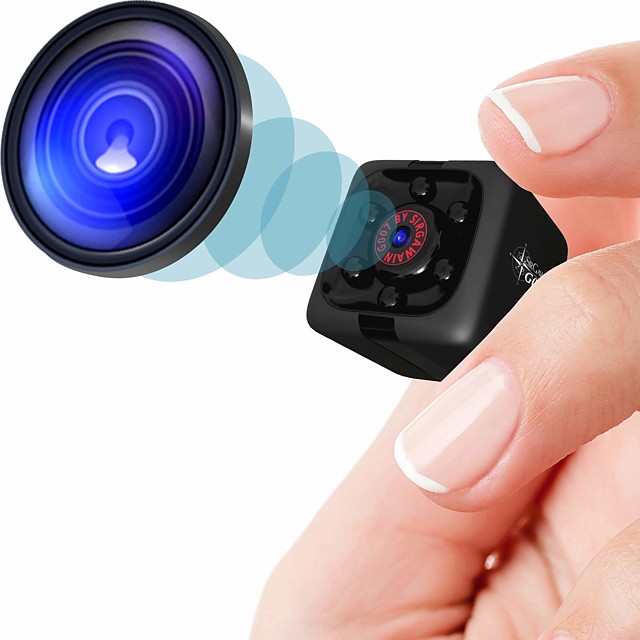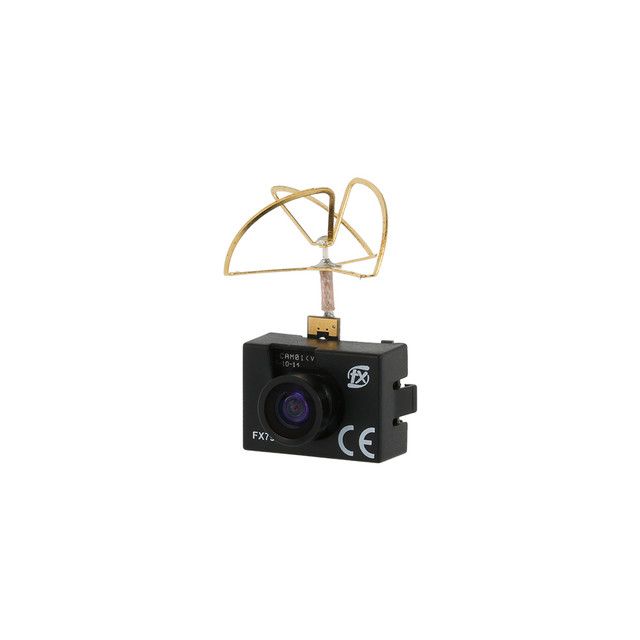

SMALL SPY CAM WINDOWS
IR light can reflect off of windows and other glass objects and obscure your footage, especially in the dark.

Many security cameras have infrared light technology, which aids in motion detection and enables the cameras to function in low light. Pointing a camera out the window might degrade its image quality. Hanging an indoor camera in the corner of a room usually gives you the largest possible vantage point. Chris Monroe/CNET Guidelines for indoor security placement Choose a camera that's appropriately rated for your climate, and place it under eaves or in another semi-protected area if you can.īattery powered outdoor cameras allow more flexibility for placement, while wired ones will need to be close to a power source. Top outdoor security cameras have ample weather- and waterproofing, but they are not all equal.
SMALL SPY CAM INSTALL
Some homeowners choose to prominently install a fake decoy camera and back it up with a real one that's slightly more concealed, while others add heavy-duty hardware or casing around the camera to make it more difficult to damage. Visible security cameras are effective burglary deterrents, but they are also targets for theft and vandalism. Decide whether you want the camera to be visible or hidden.Consider the movement of the sun and angle your cameras for indirect light. Bright light causes glare and high contrast in your footage, which makes it hard to tell what's going on. Don't point cameras directly at the sun.This height is low enough to capture fine details but high enough to be out of easy reach of thieves and vandals. Install cameras 8 to 10 feet from the ground.Guidelines for outdoor security camera placement Once you decide which locations to monitor, you also need to strategize how you will place and install the security cameras to cover the intended areas. Optimize your camera placement for function and visibility Audio recording without knowledge and consent is illegal in most circumstances. Keep in mind that these rules apply to video surveillance only. Legally, problems arise if your camera captures areas where your neighbors have an expectation of privacy (for example, if your cameras can see into their bedrooms or bathrooms) or if you use the footage for non-security purposes. In general, homeowners are allowed to have outdoor security cameras that cover a broad area, and it's usually OK to capture your neighbor's public-facing property in the background of your footage. Specific laws regarding cameras and privacy vary from state to state, so it's wise to check local laws (and with the local homeowners association) to make sure you won't have to undo your installation. Places that violate your neighbor's privacy. Cameras are great for your safety, but you need to be mindful of the privacy of others in your neighborhood.

Arlo Here's where you should never install a security camera Indoor security cameras are useful, but finding ones with privacy shields are worthwhile, to help minimize the risks of hackers gaining access to sensitive footage.


 0 kommentar(er)
0 kommentar(er)
